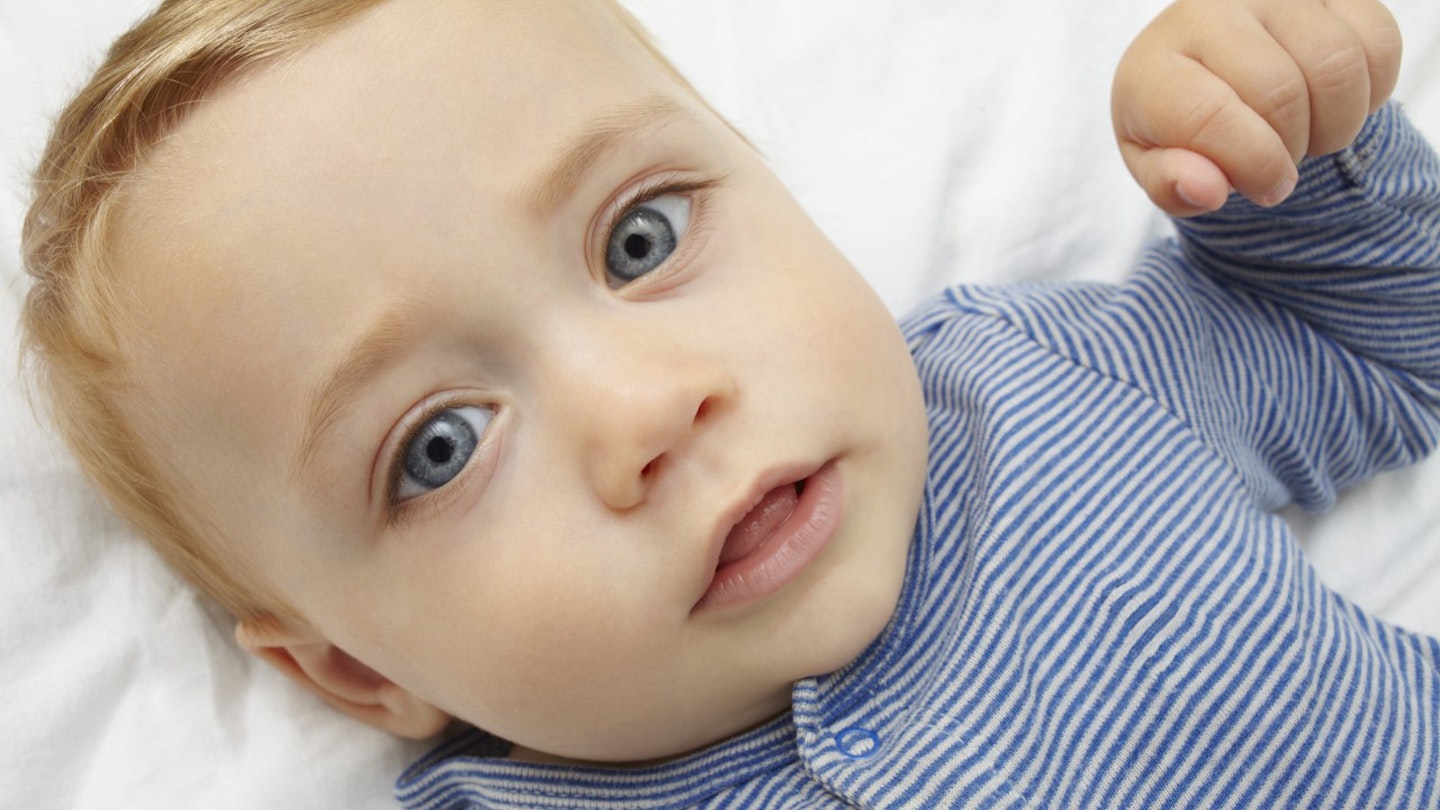Sores? Check. Blisters? Check. Itchiness? Check. It seems like your baby may have impetigo – which is very common and (irritatingly) contagious. But thankfully, very easy to manage
While impetigo looks grim (blisters and sores are some of the nasty effects that may pop up on your baby’s face), it’s a really common illness for babies to get and usually clears itself up naturally.
So, how do you know if your baby has it?
What is impetigo?
A really contagious skin infection, impetigo is really common in babies and young children because it spreads easily around their schools and nurseries.
‘There are two types of impetigo,’ says Dr Lida Kourita of the Royal College of Paediatrics and Child Health.
‘Bullous impetigo causes large, painless, fluid-filled blisters and non-bullous impetigo, which is the more contagious of the two and causes sores that quickly burst, leaving a yellowy-brown crust.’
What are symptoms?
Impetigo isn't usually painful, but it can be really itchy so your baby may seem to be suffering and be irritable and restless.
The most common symptoms are obvious, sore-looking blisters that will crop up around your baby’s nose and mouth. She may also have swollen lymph glands and a high temperature.
If it’s non-bullous impetigo, blisters will burst and dry, leaving a (not very pretty) scabby tan or yellow-brown crust to form. These crusts will heal in a few weeks and won't leave any permanent marks or scars.
When’s it time to visit the doctor?
Just to be safe, it’s best to speak to your GP if your baby has symptoms of impetigo. Call first to see whether or not they think you need to go in.
‘It’s not usually serious,’ Dr Kourita explains. ‘But it can be confused with other skin conditions such as cellulitis and insect bites. So, it’s always best to get these conditions ruled out.’
What treatment is needed?
Impetigo doesn’t normally need treatment as it usually sorts itself out within two to three weeks – and your baby’s symptoms should clear up within that time frame, too.
‘Your baby’s GP might prescribe an antibiotic cream to prevent the infection spreading to others,’ says Dr Kourita. ‘Or, in very extreme cases where the cream doesn’t seem to be having an effect, prescribe a course of antibiotics.’
Avoid touching your baby’s sores, wash your hands regularly and keep her away from other people, especially other babies and kids, until her sores have dried up.
‘Once this happens, your baby will no longer be contagious,’ Dr Kourita explains.
There isn’t a vaccine for impetigo, but you can prevent it returning by making sure you tend to any broken skin condition and keep your baby’s cuts and scratches clean.
